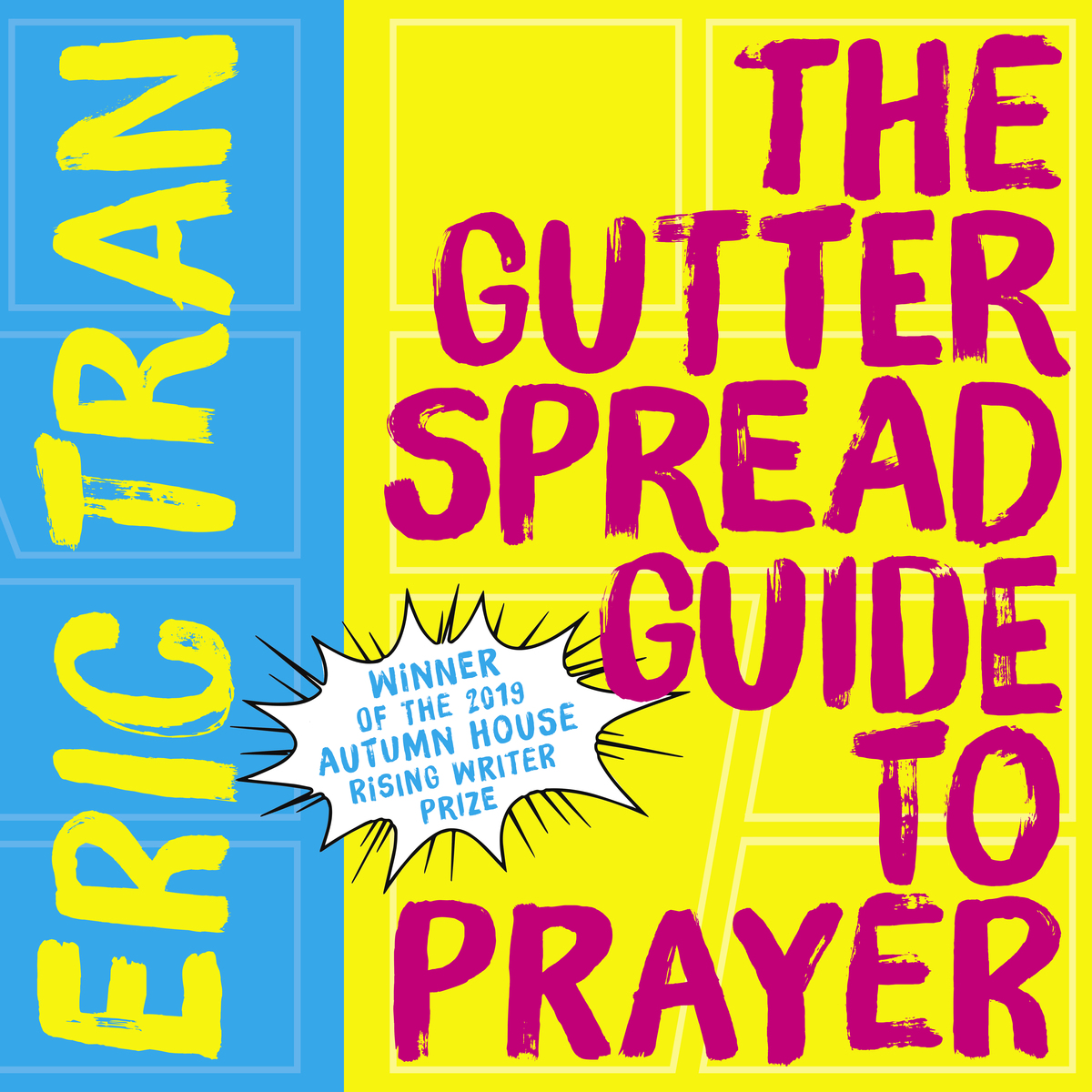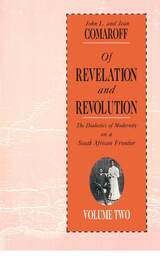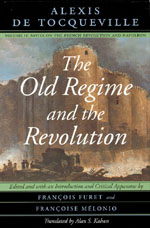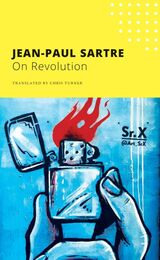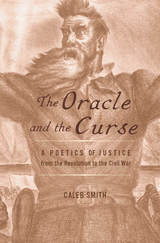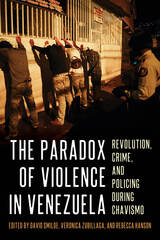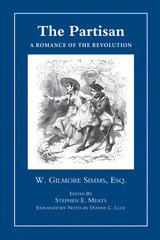The Gutter Spread Guide to Prayer
Autumn House Press, 2020
eISBN: 978-1-63768-043-8
See other books on: Asian American & Pacific Islander | Death, Grief, Loss | Gutter Spread Guide | Prayer | Tran, Eric
See other titles from Autumn House Press
eISBN: 978-1-63768-043-8
ABOUT THIS BOOK | AUTHOR BIOGRAPHY | REVIEWS | TOC
ABOUT THIS BOOK
In The Gutter Spread Guide to Prayer, Eric Tran contends with the aftermath of a close friend’s suicide while he simultaneously explores the complexities of being a gay man of color. Grief opens into unraveling circles of inquiry as Tran reflects on the loss of his friend and of their shared identity as gay Asian American men. Through mourning and acute observations, these poems consider how those who experience marginalization, the poet included, may live and fall victim to tragedy. Tran explores how his life, even while in the company of desire and the pursuit of freedom, is never far from danger. Like grief that makes the whole world seem strange, Tran’s poetry merges into fantasy lands and rides the lines between imagined worlds and the reality of inescapable loss. At the intersection of queerness, loss, and desire, Tran uses current events, such as the Pulse nightclub tragedy, pop culture references, and comic book allusions to create a unique and textured poetry debut. He employs an unexpected pairing of prayer and fantasy allowing readers to imagine a world of queer joy and explore how grief can feel otherworldly. This collection shows a poet learning how to be afraid, to feel lost, to grieve, and to build a life amid precarious circumstances. The Gutter Spread Guide to Prayer was the winner of the Autumn House Rising Writers Prize in 2019.
See other books on: Asian American & Pacific Islander | Death, Grief, Loss | Gutter Spread Guide | Prayer | Tran, Eric
See other titles from Autumn House Press
